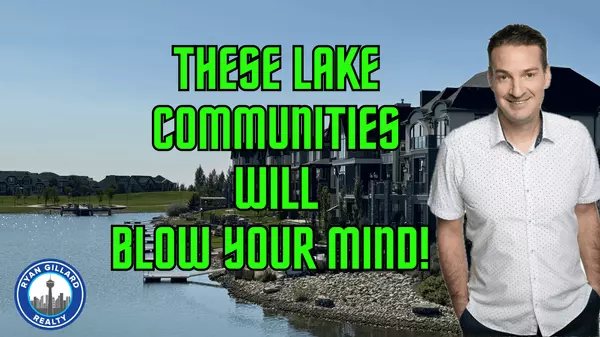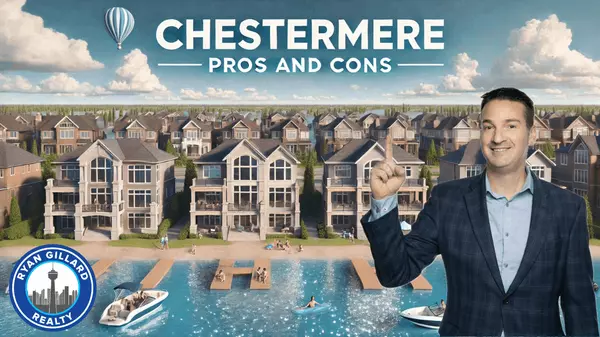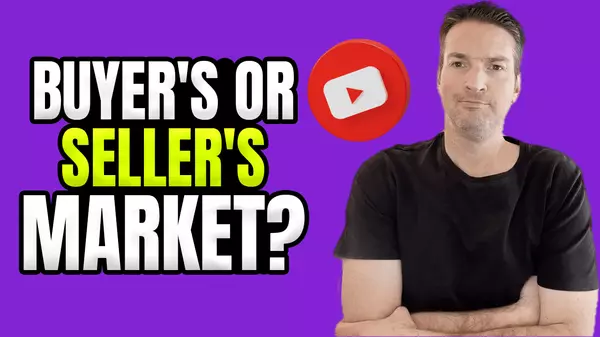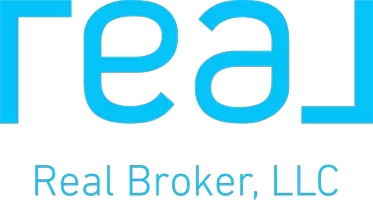SHOULD YOU SELL YOUR CURRENT HOME FIRST BEFORE BUYING A NEW HOME?
Should you sell your home before buying a new one
Deciding whether to sell your home before buying a new one is a difficult decision. It can get complicated and stressful if you need the money from the sale of your current home to put towards your new home.
In a perfect world your new house would be ready as soon as you close on your previous home….but it doesn’t always line up that. With a little planning though there are ways to make this transition go smoothly.
There are both advantages and disadvantages to buying first or selling first which I will cover in this video/blog.
Get a good realtor and mortgage broker:
There are lots of steps and moving parts in this process so dealing with a good realtor will help you understand how much you’re likely going to sell for, how long it will take, and all of the moving parts.
A mortgage broker can help you with the financing options such as bridge financing and using a HELOC as the down payment. More on this as we go forward.
Market Conditions:
In a buyer’s market - Inventory is high and listings exceed the demand for homes. Typically homes stay on the market for awhile, falling home pricers, concessions given to the buyer, so in this market it’s best to list your home first as it probably won’t sell right away. When you do find a home it’s a good idea to have a sale of buyer’s home condition in the contract.
In a seller’s market - more buyers than there are homes, rising prices, easy to sell, maybe unconditional offers, and homes are selling quickly. Make sure you price it right and stage it well in order to capitalize on the situation. I would be selective with the offers you look at in this market and accepting an offer contingent on the buyer selling their home shouldn’t be a top priority. The problem won’t be selling but you might find it difficult when it comes time to buy. I’d take the risk of finding a home first and then list your home.
Selling First
Upsides:
Easier time getting a new mortgage. You can use sale sale proceeds as the down payment on the next property.
You might not qualify for two mortgages. Your debt to income ratio needs to support both mortgages and that might be difficult for many people.
It lets you know exactly what your budget is because you won’t be wondering what the final sales price of your current home will be. This can help prevent you from looking at homes that are priced either too high or too low so you don’t waste your time.
You’ll avoid having to pay two mortgages at the same time. This could be very stressful having two payments. There are additional costs such as insurance, property taxes, home owners association fees, and maybe condo fees as well.
In a hot market, and maybe even in a normal market, buyers can make a more competitive offer without having the sale of buyer’s home condition in the contract. The likelihood of the owner accepting your offer without the sale of your home condition greatly increases.
You’ll have less stress and anxiety during the process wondering if your property will sell or not, the additional costs, etc.
Downsides:
You might end up in a rental.
Moving twice if you end up in a rental
Storing furniture could become an option as well.
How to make it work:
Flexible possession in the contract - easier in a red hot sellers market as buyers will be doing whatever they can to make the transaction work. Possession to be decided by the seller at their discretion but possession must be between ___ and ___ dates with notice given to the buyer.
Rent Back - Basically the seller rents back the home from the new owner for an agreed upon period allowing them time to close on a new home. Buyers gets some cash back and seller can use the sale proceeds for the new home and gives them more time as well.
Buying First
Upsides:
No need to rent a home during the process or live with family/friends.
Avoiding moving twice and save on that cost and hassle.
Easier time getting your current home prepared for sale after you move out.
If you can afford having two homes during the process you could make improvements and renovations to your new home.
Gives you time to make improvements and adjustments to the home you are selling. Painting, renos, etc.
If prices are rising you can sell for a higher price.
Downsides:
Some risk with this as well as you might have to come up with the down payment and carry two mortgages.
Feeling the pressure to sell.
Risking the market - what if prices fall - bought higher and sold for less.
How to make it work:
Make a contingent offer - This is tough in a sellers market - why would they wait around to see if your home sells when there are loads of active buyers?
Apply for a home equity line of credit (heloc) - borrow against your home for the down payment.
Appy for a bridge loan - very common - helps bridge the gap between selling one house and buying another. Short term loan but can be expensive.
Categories
Recent Posts










GET MORE INFORMATION

